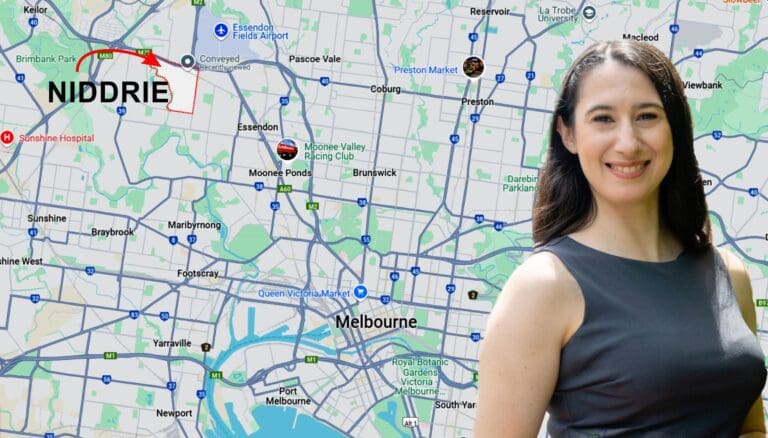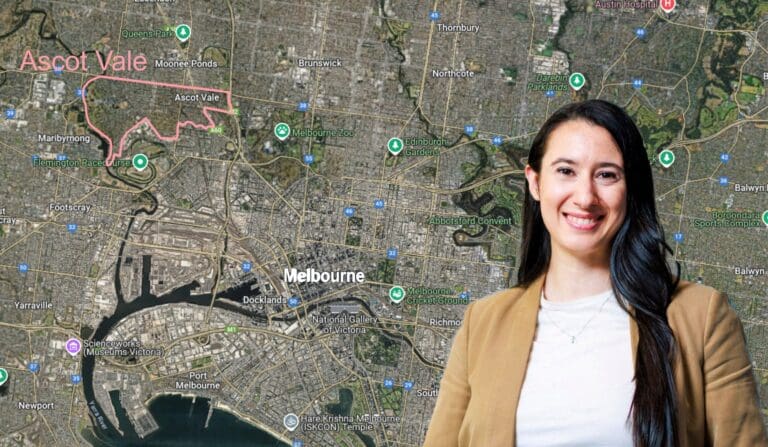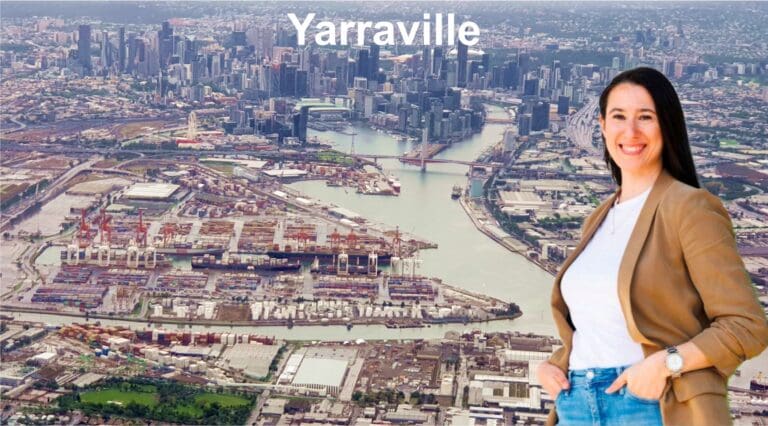When you’re buying or selling a home, things can get pretty tricky, especially when legal stuff gets involved.
You might have heard of residential conveyancing – it’s all about passing the ownership of a property from one person to another. In this article, we’ll walk you through why having a residential conveyancer is necessary, what steps you can expect in the process, how much it might cost you, and some common problems that could pop up.
What Is Residential Conveyancing?
When you’re dealing with Residential Conveyancing, you’re diving into the world of legal and administrative tasks that make sure property ownership smoothly moves from the seller to you, the buyer. This process is all about following property law rules and making real estate transactions run like a well-oiled machine.
As you navigate through this complex process, you’ll find yourself doing things like digging up info through searches, reviewing contracts, and getting legal documents ready. Residential Conveyancing is a big deal in property law because it looks out for both you and the seller. It’s like a safety net that ensures the property you’re eyeing is clean of any legal messes, giving you peace of mind before you make the big purchase.
Why Do You Need a Residential Conveyancer?
You need a residential conveyancer to handle the complex legal processes involved in buying or selling a property. They help you understand property terms and make sure all necessary documents are good to go.
A conveyancer is key in making sure your property transactions go smoothly. They’ll walk you through contract details, dig into property searches to uncover any hidden issues, and keep everyone in the loop during the whole conveyancing process. Plus, they handle the nitty-gritty of transferring funds during settlements, making sure it’s all secure and efficient. With their expertise, you’re shielded from risks, and your property deal goes through without any unnecessary hiccups.
What Are the Steps Involved in Residential Conveyancing?
Regarding residential conveyancing, you’re in for a ride with several key stages that make sure your property transfer goes off without a hitch. Whether you’re buying or selling a property, you’ll be dealing with pre-contract tasks, the exchange of contracts, completion, and post-completion activities. It’s all part of the process to make sure everything goes smoothly.
1. Pre-contract Stage
During the pre-contract stage, your conveyancer will be busy carrying out essential property searches, getting legal documents ready, and double-checking details with the land registry to make sure the property is clear of any legal headaches.
Property searches are key in sniffing out any potential snags or issues with the property, like lingering charges or boundary beefs. Your conveyancer will carefully comb through legal papers, like contracts and title deeds, to make sure everything checks out. Verifying property details guarantees the ownership transition goes off without a hitch.
2. Exchange of Contracts
The exchange of contracts is where both you and the other party sign on the dotted line of the property contract, and you hand over that deposit, locking in the deal.
At this stage, all the terms and conditions you’ve agreed on are set in stone. Any specific requirements or conditions outlined in the contract need to be satisfied. Once those contracts are exchanged, it’s game on – both of you are legally bound to go through with the deal.
If someone drops the ball and breaches the contract, there can be some serious consequences. Your signature on that property contract is basically a promise to buy or sell the property under the agreed terms, ensuring that the law has your back in protecting the rights and responsibilities of both parties.
3. Completion
When it’s completion date time, that’s when the final property transfer kicks in. The seller gets their cash, the buyer gets the keys, and boom – the property settlement process is a wrap.
The completion date is a big deal in the real estate world. It’s the moment all the hard work and wheeling and dealing pays off with the ownership changing hands. That’s when the keys switch over, and the property officially becomes yours. Once the seller’s got their money, you’re in the clear to move in and make yourself at home.
This isn’t just a legal handoff – it’s an emotional moment for everyone involved. The completion date isn’t just about passing papers; it’s about starting a fresh chapter in your life, full of excitement and new beginnings.
4. Post-completion
After completion, your conveyancer will take care of post-completion tasks like registering the change of ownership with the land registry, paying any land registry fees, and making sure the property deeds are good to go.
When conveyancers register the property, they’re looking out for your ownership rights and keeping a solid record of the transaction. It’s important to handle those land registry fees promptly to steer clear of any hiccups in the process.
What Are the Costs Involved in Residential Conveyancing?
When you’re dealing with residential conveyancing, you’ll find that the costs can really run the gamut. You’ll have your legal fees to consider, along with property valuation costs and a whole slew of property conveyancing fees, all adding up to make that transaction a bit pricier.
1. Solicitor’s Fees
Your solicitor’s fees cover the legal services they provide throughout the property transaction. The costs can vary depending on how intricate the process is and your solicitor’s level of experience.
The complexity of the conveyancing process, like dealing with leasehold properties or additional searches, can bump up the fees. Your solicitor’s expertise and reputation also factor into the charges they set. Legal fees are an integral part of the overall conveyancing costs, so it’s important to grasp the breakdown of fees and services they offer.
Don’t forget that factors like your property’s value and location can influence the final expense. Make sure to have a detailed discussion with your solicitor about the fee structures and services provided to keep everything clear and transparent.
2. Stamp Duty Land Tax
When you’re buying a property, remember that Stamp Duty Land Tax (SDLT) is a tax that you, as the buyer, have to pay on transactions over a certain threshold. The tax can shake up the total cost of your property purchase.
3. Land Registry Fees
Regarding Land Registry fees, you’re looking at charges paid to the land registry for registering your property transfer documents and updating the land ownership records.
Fees are a big deal in the conveyancing process because they make sure that all property transactions are legit and officially documented. The land registry establishes clear ownership rights and prevents any potential disputes down the line.
The amount you’ll pay for fees usually depends on things like the property value, the type of transaction, and any extra services you might need during the registration process.
4. Search Fees
When you’re going through the home buying process, you’ll come across search fees that cover the cost of property searches and inspections.
For instance, local authority searches dig up info on past building permits, zoning rules, and upcoming projects in the area. On the flip side, environmental checks look into any contamination or pollution risks on the property, so you’re in the know about any environmental concerns. Your conveyancer does all this legwork to help you make smart choices and shield you from unexpected issues that might pop up after you’ve purchased the property.
What Are the Common Issues in Residential Conveyancing?

In residential conveyancing, you might encounter a mix of common headaches, like property disputes, questions about land ownership, or even hiccups in getting your mortgage sorted out.
1. Chain Delays
Chain delays happen in the property market when multiple property transactions are interconnected. If there’s a delay in one transaction, it sets off a chain reaction, affecting the whole property exchange chain.
Delays cause frustration for both buyers and sellers, jacking up holding costs and even risking deals falling through. To tackle chain delays head-on, some strategies involve keeping everyone in the loop with open communication, setting realistic timelines, and making sure contracts have crystal-clear terms. You can smoothen out transactions and reduce the impact of chain delays on the property market.
2. Title Issues
Title issues can be a real headache when there are discrepancies or unclear details in your property title or deeds. This can mess with your property rights and make transferring ownership a real pain.
If you ignore discrepancies, you could end up in legal battles, losing money, or even losing your property rights altogether. It’s super important for both buyers and sellers to give those property deeds and title documents a solid once-over to make sure there are no hidden problems.
One thing to watch out for is a lien on your property, which can put a hold on transferring ownership until you clear the debt tied to it. You might also run into errors in public records, boundary disputes, or sneaky easements that weren’t disclosed.
3. Mortgage Delays
If you’re facing mortgage delays, it could be due to issues with property valuation, property inspection, or lender requirements. Hiccups slow down the whole conveyancing process and mess with your completion timeline.
Inaccurate property valuations or problems in inspection reports can drag things out because they affect how the lender sees the property’s value and condition. Plus, if you’re dealing with tough lender requirements like loads of financial paperwork or credit score mix-ups, get ready for even more delays in getting that mortgage approved.
Delays don’t just annoy buyers and sellers – they throw the whole conveyancing timeline off track, putting the property sale at risk. To speed things up, everyone involved needs to jump on any issues that pop up, keep communication clear, and team up with lenders to tackle obstacles head-on.
4. Boundary Disputes
Boundary disputes involve disagreements over the exact property boundaries, which can lead to legal property disputes and complications in finalizing land charges and ownership. Disputes often arise due to unclear land descriptions, inaccurate surveys, or changes in property usage over time. They can also be fueled by conflicting property records or discrepancies in official documents.
When boundary lines are not clearly defined, it can result in overlapping claims and disputes over shared amenities like fences or driveways. Resolving conflicts requires a thorough examination of deeds, surveys, and historical records to establish precise boundaries.
Frequently Asked Questions
What is residential conveyancing?
Residential conveyancing is the legal process of transferring ownership of residential property from one person to another. This includes all the necessary paperwork and checks to ensure a smooth and lawful transaction.
Do I need a conveyancing solicitor for residential property?
While it is not a legal requirement to hire a conveyancing solicitor for residential property transactions, it is highly recommended. A solicitor will handle all the legal aspects of the process and ensure that your rights and interests are protected.
What is the role of a conveyancer in residential property?
A conveyancer is a licensed professional who specializes in property law and oversees the transfer of ownership in a residential property transaction. They handle all the legal and administrative tasks and act as a representative for both the buyer and seller.
How long does residential conveyancing take?
The length of time for residential conveyancing can vary depending on the complexity of the transaction and any potential issues that may arise. On average, it takes between 8-12 weeks, but it can be longer or shorter depending on the circumstances.
What fees are involved in residential conveyancing?
The fees involved in residential conveyancing include the cost of the conveyancing solicitor, any search fees, Land Registry fees, and stamp duty. It is essential to get a detailed quote from your solicitor before committing to their services.
Can I do my own residential conveyancing?
While it is possible to do your own residential conveyancing, it is not recommended. The legal and administrative aspects can be complicated and time-consuming, and mistakes can be costly. It is best to hire a professional conveyancer to handle the process for you.
Get your quote today.
Relax knowing our experts are handling your property conveyancing.









